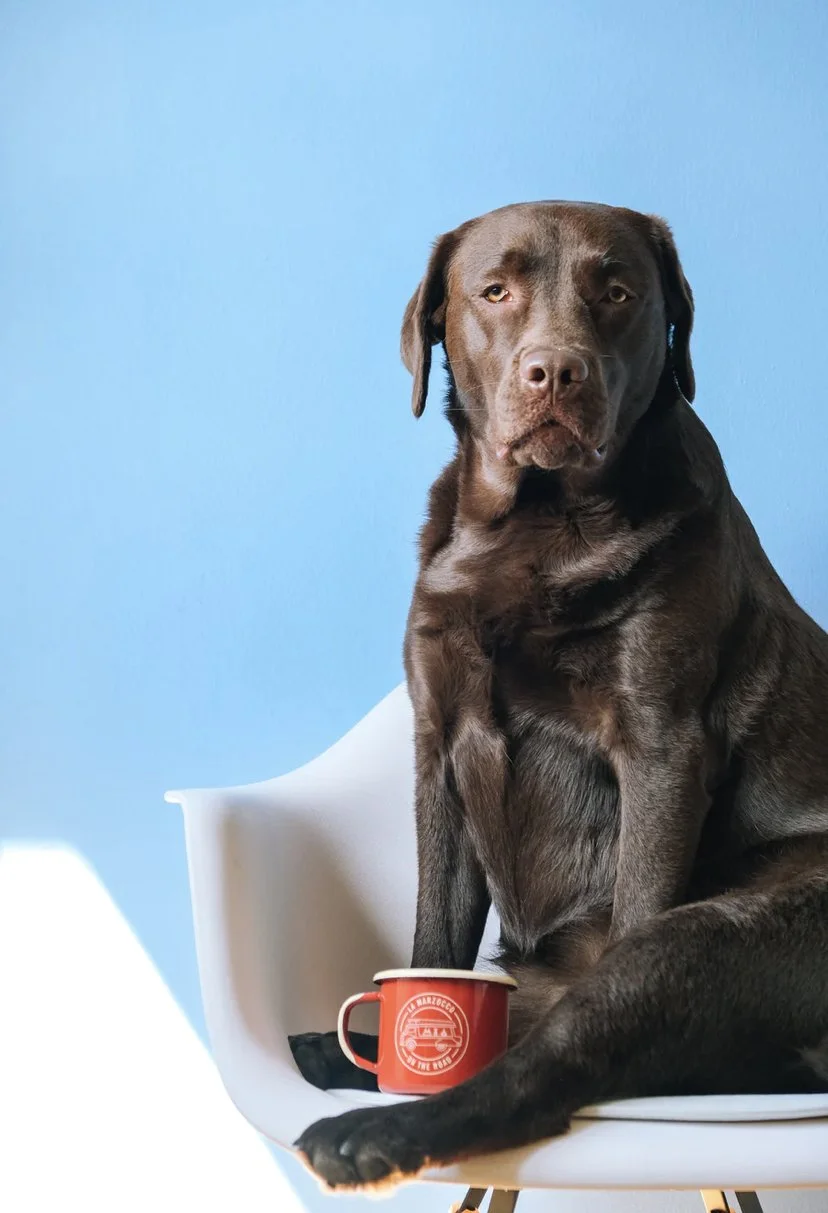photograph courtesy of Kai Dahms
Back in 2012 a pair of astronauts aboard the International Space Station were tasked with the mission of repairing a key power system that provided energy to the station. To do this they needed to remove some bolts, fix the internal system, and then replace those bolts. Relatively easy in the deep void of outer space with intense genome-distorting UV rays, no oxygen, and zero gravity, right? But, putting all the inherent life-threatening risks of space work aside, these were the least of their worries because there were metal shavings in one of the bolt holes. The bolt was stuck. The internal system could not be repaired. The mission was at a standstill and the station was soon-to-be powerless.
But thank goodness for human ingenuity and a toothbrush! The metal shavings were brushed out, the bolts removed, and the station’s power restored within 6 hours. Such a simple solution with a profound impact that helped many.
This idea of a simple fix with great end results is also seen in global volunteerism and veterinary medicine. There are many parallels that can be drawn between providing basic high-quality veterinary care to underserved communities around the world and fixing a space station with a toothbrush. Both actions require a great deal of skill acquired only through years of training, learning, and repetition. They also involve focus, internal motivation, ingenuity, and good intention. With good intention comes benefit to the greater good, and it is this benefit that proves necessity.
Albeit much less risky and life-endangering; visiting a different country, interacting with people of diverse cultures, fumbling with unique languages, and practicing veterinary medicine without fancy tools and diagnostics is important for other reasons, aside from benefiting the greater good, as well:
1. It presents you with a unique opportunity for professional and personal growth.
2. It allows you to apply what you learn, in class and on clinics, to real world problems.
3. It pushes you out of your comfort zone and normal routine.
4. It inspires you (cliché, but true!).
5. It really does help others, even if you do not immediately notice results.
Long story short, whether it be fixing the International Space Station with a toothbrush or explaining the physiology of heartworm disease to native Hondurans on a volunteer trip both make you uncomfortable (and thus, better), both are important, bother are needed, and both make the world a better place than it was the day before. Again, global volunteerism in veterinary medicine is all about providing simple solutions that have profound impacts.
So, get out there and find your toothbrush. Challenge yourself and make a difference. Maybe even become a veterinarian in space (they do exist!).











